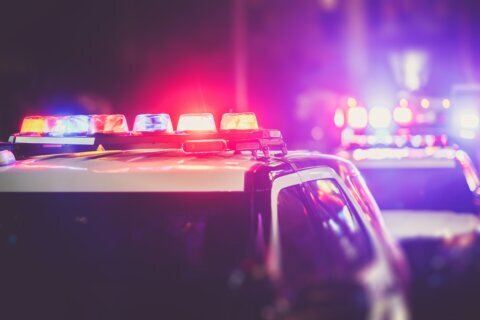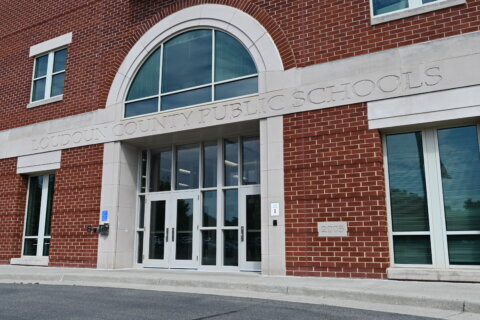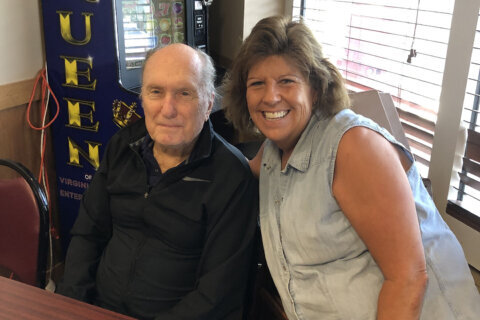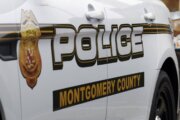One day after a deadly shooting claimed a life and injured three at a California synagogue, an interfaith group gathered at a Sterling, Virginia mosque to celebrate freedom and a shared Passover story with a Seder.
For Rizwan Jaka, one of the core missions of the All Dulles Area Muslim Society’s Sunday Seder, a tradition since 2006, is to promote a dialogue against racism — a mission made only more urgent by fatal gunfire at the Chabad of Poway synagogue near San Diego the day before.
Apart from its yearly celebration, Sunday’s interfaith Seder in Sterling also featured a moment of silence and a continued resolve to counter hate.
“We decided to come together to celebrate the commonalities, to have a dialogue on countering hate and bigotry. That was actually one of the original foundings of this Seder,” Jaka said.
Saturday’s shooting in California stoked fears of increasing attacks on houses of worship worldwide: Easter Sunday bombings killed more than 250 people in Sri Lankan churches, while a month earlier, two consecutive attacks on New Zealand mosques killed 50 worshippers.
Eleven died at another synagogue shooting in Pittsburgh last October. In Louisiana, crowdfunding efforts continue to rebuild black churches gutted by arson.
Despite recent acts of terror, ADAMS’ resolve is firm: “We’re not going to let the haters intimidate us,” said Andrea Barron of Washington Area Jews for Jewish-Muslim Understanding.
“What we try to do is we take the traditional Passover Haggadah and we adapt it to modern times,” Barron, who led the Seder, said.
“We’ve continued the tradition,” Jaka said.
“Obviously, it’s a common story of when God saved Prophet Moses and the Israelites from the Pharaoh. It’s something the Jewish community, the Christian community, Muslim community have in common.”
When talking about the 10 plagues of the Passover story, for example, Barron said the group discusses modern day equivalents.
“People would say anti-Semitism, racism, Islamophobia,” she said.







